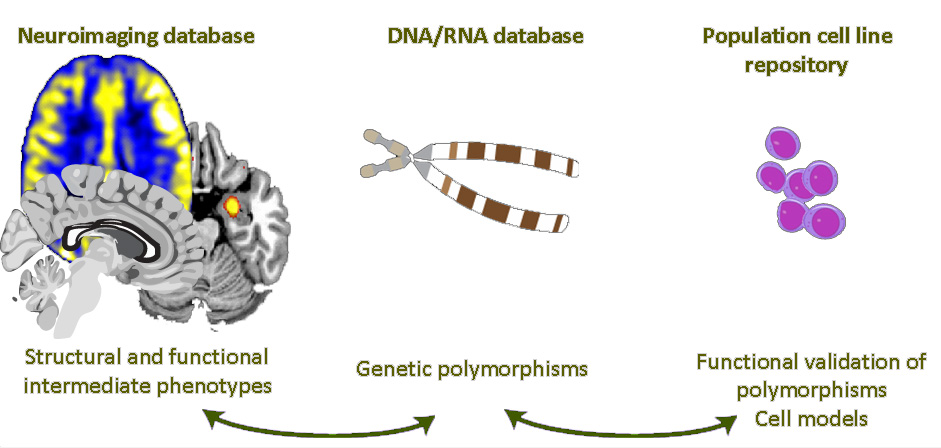assoz. Prof. Roberto Viviani, PhD
Fachbereich Klinische Psychologie II
Universitätsstraße 5-7 (Grauer Bär)
Postadresse: Universitätssstraße 15
Raum: 3W14 (3. Stock)
Sprechstunde: Nach Vereinbarung
e-m@il: roberto.viviani@uibk.ac.at
Telefon: +43 (0)512 507-56047
Schwerpunkte:
- Bildgebung und intermediären Phänotypen für die klinischen Neurowissenschaften
- Bildgebung von Emotion und sozialer Kognition
- Statistische Auswertung von Bildgebungsdaten

The focus of my research is the use of functional neuroimaging to advance our understanding of psychopathology, replacing traditional descriptive constructs with models of changes in elementary psychological processes.
Together with my team of dedicated psychologists, we are using a battery of several tasks spanning a range of affective symptoms (such as reactivity to anxiogenic stimuli, reactivity to rewards, and negative cognitions) in functional neuroimaging studies in healthy subjects and depressive patients to identify individual processes associated with different dimensions of affective psychopathology. We are actively involved in the process of theoretically modelling these processes, thus building a bridge between psychic symptoms and brain-function networks.
Thanks to a NEURON-Eranet grant, we are collecting structural and functional neuroimaging data in a large cohort of healthy individuals to study the influence of genetic variation on these endophenotypes. We are primarily interested in studying the effects of genetic variants in metabolizing enzymes, which are extremely polymorphic and are distributed differentially in ethnic groups, on affect and brain structure. In Eurasian populations, in particular, some of these variants are very likely to have been inherited from local Neanderthal populations, and may be responsible for the increased vulnerability to affective disorders recently reported in association with Neanderthal variants. However, our genetic imaging database will provide information on relationships between genetic variation, gene expression, and related genetic markers more generally.

Methodological work on high-quality neuroimaging data and methods of analysis is actively pursued to enhance the validity of the inference drawn from the data from the project. I believe that multimodal imaging (the use of many types of imaging data at once) will greatly advance our capability to characterize morphological variation of the brain, and localize functional changes in small brain structures such as those of the brainstem.
